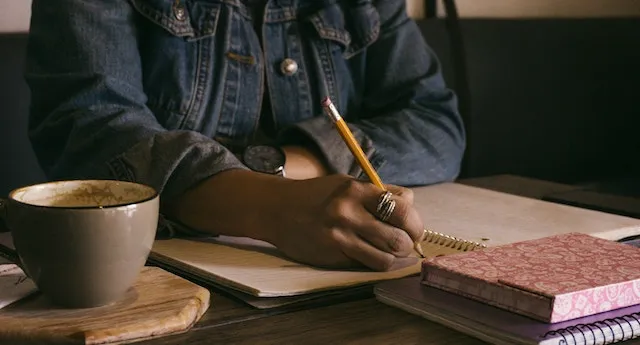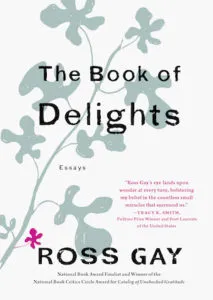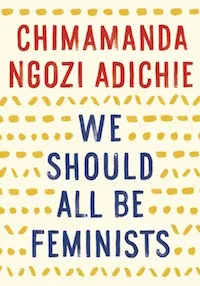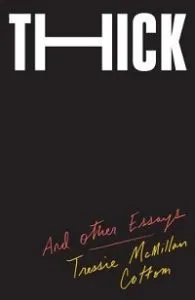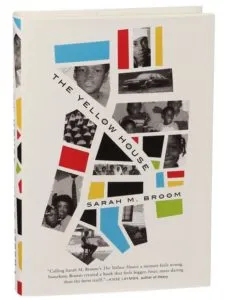This is my second annual
30 tiny lessons from 30 memoirs. This year, the books had all had this strange harmony of family, healing and finding your voice. From the jewel toned beauty of Corfu to the bustle of Nigeria to the small beauty of a garden in Bloomington Indiana, each of these books taught me something about grace.
Here is to 2020 and another 30 memoirs.
Lesson: There is a deep solace in solitude, space and getting snowed in. The power of the mountains conquers even the darkest memories and the magic works even better when we share it with others.
Lesson: The Wyoming wind only calls a select few, but those it does are a lucky bunch—Caluses, sunburn, frostbite, hardship and all.
Lesson: Even in a world scarred by division and greed, there are moments of great beauty, kindness and delight. Stick your hands in the dirt more while you are at it.
Lesson: There is a power to being a border walker between rural and urban. Those who can walk this fence line of culture and place slice through every kind nonsense and get straight to the core of who we are.
Lesson: Home doesn’t have a uniform. For some, it is the warmth of the tropics; for others, it’s a desert. For those like Blair Braverman, it is made of ice, snow, and lots and lots of dogs.
Lesson: Often the wildest thing we can find is not exotic animals or poisonous plants, but the antics of our family members.
Lesson: Our illnesses do not define us. However, those same maladies often give us powerful perspectives that must be shared.
Lesson: Cornwall isn’t just Doc Martin and Poldark; it is a complicated place with very modern problems. Never the less when the world collapses around your feet, put on your walking shoes and head sound of crashing waves.
Lesson: Trauma is one of the ugly family secrets that defies oceans, cultures and World Wars and the best thing we can do is understand it.
Lesson: Tom Phalen finds out that his uncle kept a letter Tom had written about Ireland under his pillow as he lay dying. We never know how our words impact people, and often the most interesting characters are not in books or on TV but across our kitchen tables.
Lesson: Take risks. Big things can happen, even galloping across the Mongolian steppe on semi-feral horses.
Lesson: To become the person we want to be, often we have to return home, put on our work boots, and get in the mud. Cows, sheep, and Connemara ponies often have more to teach us than we ever give them credit for.
Lesson: The land we live on can often be a save for grief and a muse for art.
Lesson: Many women are carefully taught to be silent, but when we speak we have power. Long live the rise of those unafraid to make us uncomfortable.
Lesson: Often our own parents and our family history are not what we remember them being; discovering them anew offers its own kind of magic.
Lesson: Often our own backyard is the greatest wilderness we need.
Lesson: Raise your hands! It is time to de-colonize feminism!
Horizon By Barry Lopez
Lesson: A lifetime of traveling, writing, and seeing the ravages of modern consumerism has made Barry Lopez leery of our Western definition of Success. Perhaps we should be too.
Lesson: Humans are not very well suited for burrowing, flying or swimming in rivers long term, however what we can learn from them makes us better humans. Also, otters are essentially tiny sociopaths.
Lesson: Figuring out how to love when there is no role model to show you is as challenging, scary, and full of peril as moving to New York City alone. Yet, if Lane Moore has anything to say about it, anything is possible.
Lesson: So much of the value placed on each of us is wrapped up in class, race, and the shape of our bodies. The idea of preference is “a capitalist lies” and the only way to defy it is to talk about it.
Lesson: If you have a dream, build it, and then rebuild it and then rebuild it again, just like Hope Jahren did with her labs. It also helps to have a friend named Bill.
Lesson: The absurdity of the web is often the perfect lense to try to grapple with everything from climate change to racism to American politics. Trust Lindy West—she is the head witch of the internet.
Lesson: There is magic in slowing down, listening to the wind and wandering far. And often one of the best gifts we can give our children is a deep sense of wonder.
Lesson: Without erosion, we would not be able to see all of the colors in the stone in the desert. Without grief there is no joy, we must seek the balance of the natural world and fight for what little of that balance is left.
Lesson: There is no formula for great writers. Some are raised in the woods; some found their voice in a high rise; others discover there’s someplace in Texas with a cool Buddhist Mom and many things left unsaid.
Lesson: One of the most incredible forms of empathy is to defy the boundary of humanity and find value in rocks, and cliffs, and the way the wind plays through the mountains.
Lesson: Many cultures around the world are losing their land-based knowledge, yet we are learning that if we take it seriously it is often more scientific, and perhaps even life-changing than we ever thought possible.
Lesson: One small house can become the emblem of a family. Its history often echoes through us, even after a storm washes it away.
Lesson: Even if we run from Canada to Guatemala, facing mountain lions, bullying, and a long and painful past, wherever we go there we are—and perhaps this is not such a bad thing.
